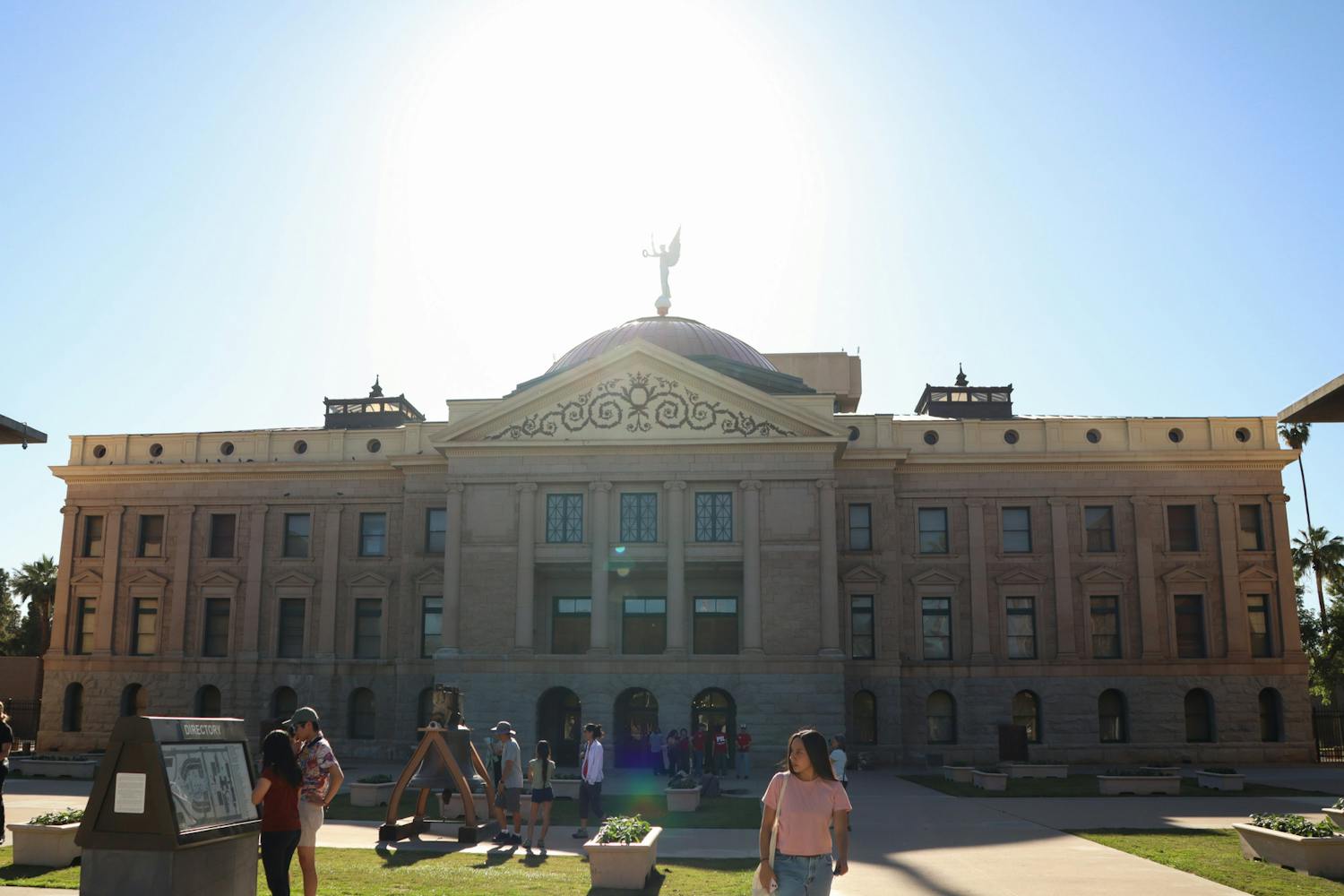A historian and lecturer addressed how Americans in the 19th century used the Old and New Testaments to justify or condemn slavery to a room full of historians, students and Tempe residents Wednesday at Coor Hall on the Tempe campus.
Eran Shalev, an author and lecturer from the University of Haifa in Israel, spoke on the foundations of his newest book "American Zion: The Old Testament as a Political Text from the Revolution to the Civil War." His book highlights how the Old Testament declined as a political text.
He explained how slaveholders in the 19th century thought the Bible to be "clear on slavery."
"(Slaveholders) resorted to the Bible for vindication," Shalev said.
Americans did not use the Old Testament as a means for justification of slavery but instead used the New Testament, he said.
Slaveholders argued that if Jesus lived in a time and place where slavery was lawful and did not condem it, then slavery was OK, Shalev said.
On the opposite end of slavery in the 19th century, Shalev said that abolitionists saw the New Testament "as a moral compass" and thought of it as the "golden rule."
Anna Holian, interim director for the Center for Jewish Studies, said she found this information "striking," as much of the topic was outside her area of expertise.
She said she was interested to find out that both those for and against slavery "used the Bible to justify their positions."
Shalev discussed how Americans viewed themselves as the second Israel, and how newspapers in 1864 made points as to how the Hebrew Bible related to America.
He said this was the era in which Americans clung to the Bible as a political text.
Americans were first referred to as "God's chosen people" by Abraham Lincoln, Shalev said.
He said most Israelis were surprised when Americans deemed themselves the second Israel and that many "find it funny." He said it explains the support Israel receives from America.
Even though many Americans today do not regard the Bible as a political text or tool, Catherine O'Donnell, associate professor of history and organizer of the event, said it still feels relevant.
"The Bible still plays a major role in American society," she said. "It is relevant as ever, even though there is so much secularism."
People can see how Americans still use religion in politics, O'Donnell said.
Shalev said he feels that in the future, people will be able to look back and see the use of the Bible in today's society.
"American Zion: The Old Testament as a Political Text from the Revolution to the Civil War" is set to be released on March 19.
Reach the reporter at nrmirand@asu.edu or follow her @natalieroxann



